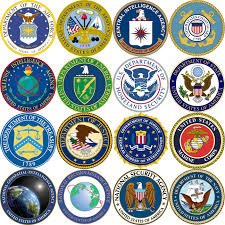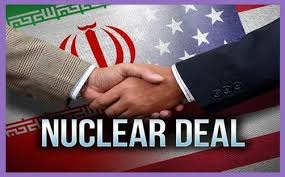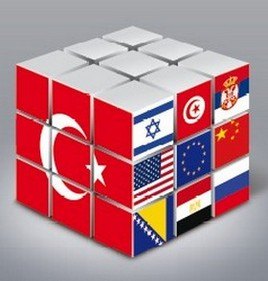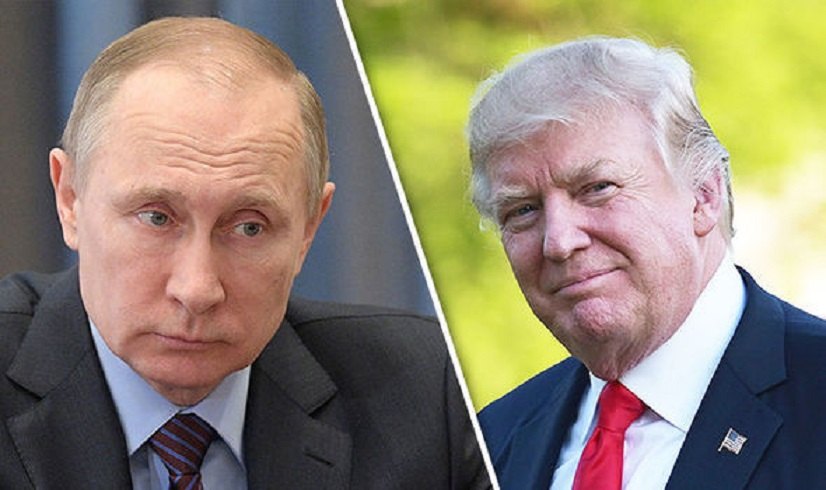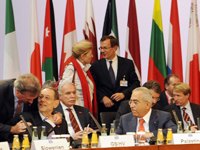The Islamic Republic of Iran and the Electoral Debates in the US
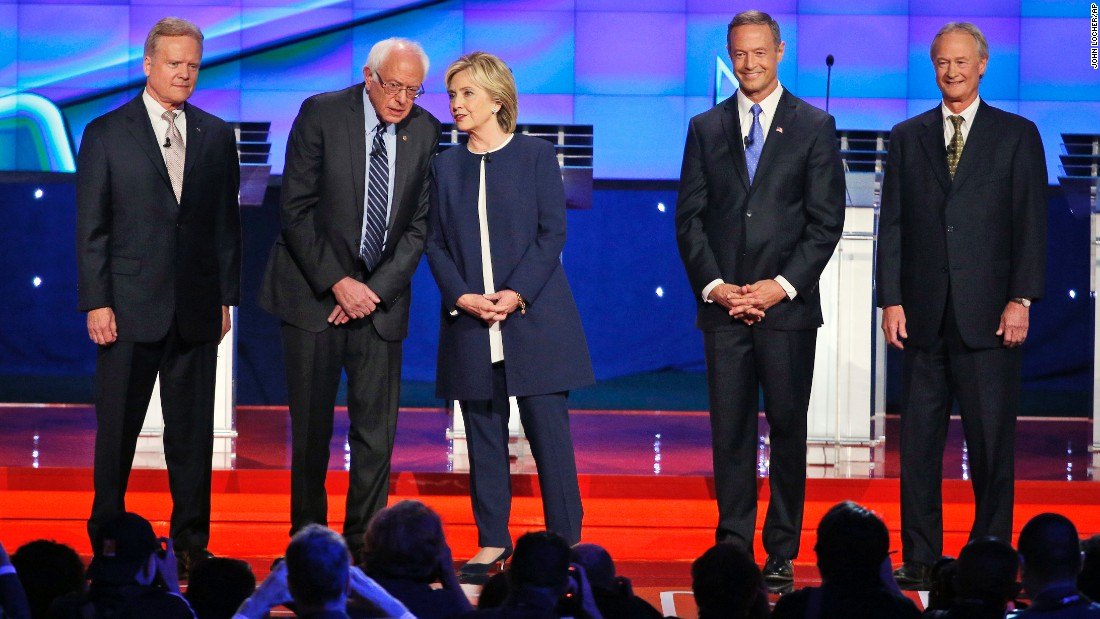
Mahmoud Yazdanfam
Nuclear deal and the implementation of JCPOA along with the increase of extremism in the region, has turned Iran into a topic of interest for the candidates of the Presidential elections in the US. Any person, who seizes power in the White House In 2017, would be different from Obama. The only exception, who has a narrow chance and can continue Obama’s way in the White House, is Bernie Sanders.
According to the latest surveys conducted at the end of December 2015, if in the 2016 elections, Hillary Clinton and Donald Trump would be the final candidates of the Democratic and Republican parties respectively, 37 percent of America’s voters will vote for Clinton and 36 percent for Trump.
In the political context of the US, the name of the Islamic Republic of Iran has always been mentioned along with the issues like terrorism, religious extremism, US foreign policy and non-proliferation of weapons of mass destruction. Unlike previous elections held in the US in the past two decades, the last case has been put aside and the “Iran Deal” is being discussed in the debates.
The Democratic Party and its candidate’s approach towards the Islamic Republic of Iran is largely in the framework of current US Administration. Obama’s Administration has a liberal international-oriented approach in its foreign policy.
The leading candidate of the Democratic Party, Hillary Clinton, speaks of the Iran nuclear deal as a great diplomatic achievement realized as a result of pressure and explains her approach on Iran on the basis of mistrust and fact-finding.
The leading Republican candidates namely Donald Trump, Ted Cruz and Marco Rubio have explicitly rejected the nuclear deal with Iran and made it clear that in case they enter the White House, they would cancel all Obama’s orders and resume bilateral and multilateral sanctions against Iran more severely.
In the course of next year, the Republicans also will try to pass laws in the areas of human rights, Iran’s missile program and Iran’s actions in the region with the charges of supporting terrorism, in order to incite Iran to carry out retaliatory measures and as a result face Obama Administration with more obstacles and ultimately defeat it.
Ted Cruz as runner-up in the polls is considered as the candidate of the extreme right wing of the Republican Party who has a far more dangerous positions vis-à-vis the Islamic Republic of Iran. Ted Cruz calls for the abolition of nuclear deal with Iran. Republican candidates strongly and unanimously criticized the Obama Administration’s policy on detention and release of the US Marines.
The Obama Administration and Democratic candidates focus on al-Qaeda and other Islamic extremist Sunni groups. At least they seek to avoid tension with Iran and strike Hezbollah and Hamas are not touching. Obama Administration’s uncertainty regarding the exercise of power in the region has weakened the leadership position of US in the world and at the same time, increased the power of America’s rival opposition groups and governments. In the view of the Republican candidates, Iran is a destabilizing government in the region and to address terrorism, America will be forced to deal with Iran.
In finding the roots of extremism in the region, candidates of both parties have a common hypothesis. “The disappearance of authoritarian governments plays an important role in the formation of extremism in the region.”
Nuclear agreement is considered as the successful legacy of Democrats in a way that unlike the Republicans, they are not going to promote Iranophobia.
In recent decades, the Islamic Republic of Iran has been considered as a negative force in the electoral realm of the US and opposition to this force has always been vote-making. In the 2016 elections, this view is more or less complicated. Iran is not considered as the absolute evil so that groups, parties and candidates make vote by promoting this image and raise their votes through harsh slogans against it.
There exists a clear gap between Democratic and Republican party candidates. Nuclear deal and its implementation has provided a different model in the relations between the two countries; if diplomacy would be successful in the nuclear dispute and could be a model for solving other international crises, so why it shouldn’t be benefited from in other issues and disputes between the US and Iran?
Democrats give a positive response to this question. The nuclear deal is their successful legacy vis-à-vis a major problem in the foreign policy of the US. They no more try to provide an evil image from Iran. Threat and evil-making is in contradiction with the diplomacy. Taking advantage of the achievements of Obama’s foreign policy towards the Islamic Republic of Iran requires a respectful attitude towards Iran in the electoral campaign. On the contrary, the Republican candidates are trying to provide an evil image from Iran and make use of the past practices and methods in order to defeat Democrats and ignore their success.
The existing gap in the political realm of the US provides valuable opportunities for the Islamic Republic of Iran, taking advantage of which requires vigilant stand towards existing problems and subjects in the relations between the two countries. Election year in the US is the year of the struggle between the two approaches. Iran’s behavior is the most influential variable in shaping the foreign policy of the US vis-à-vis the West Asia.

